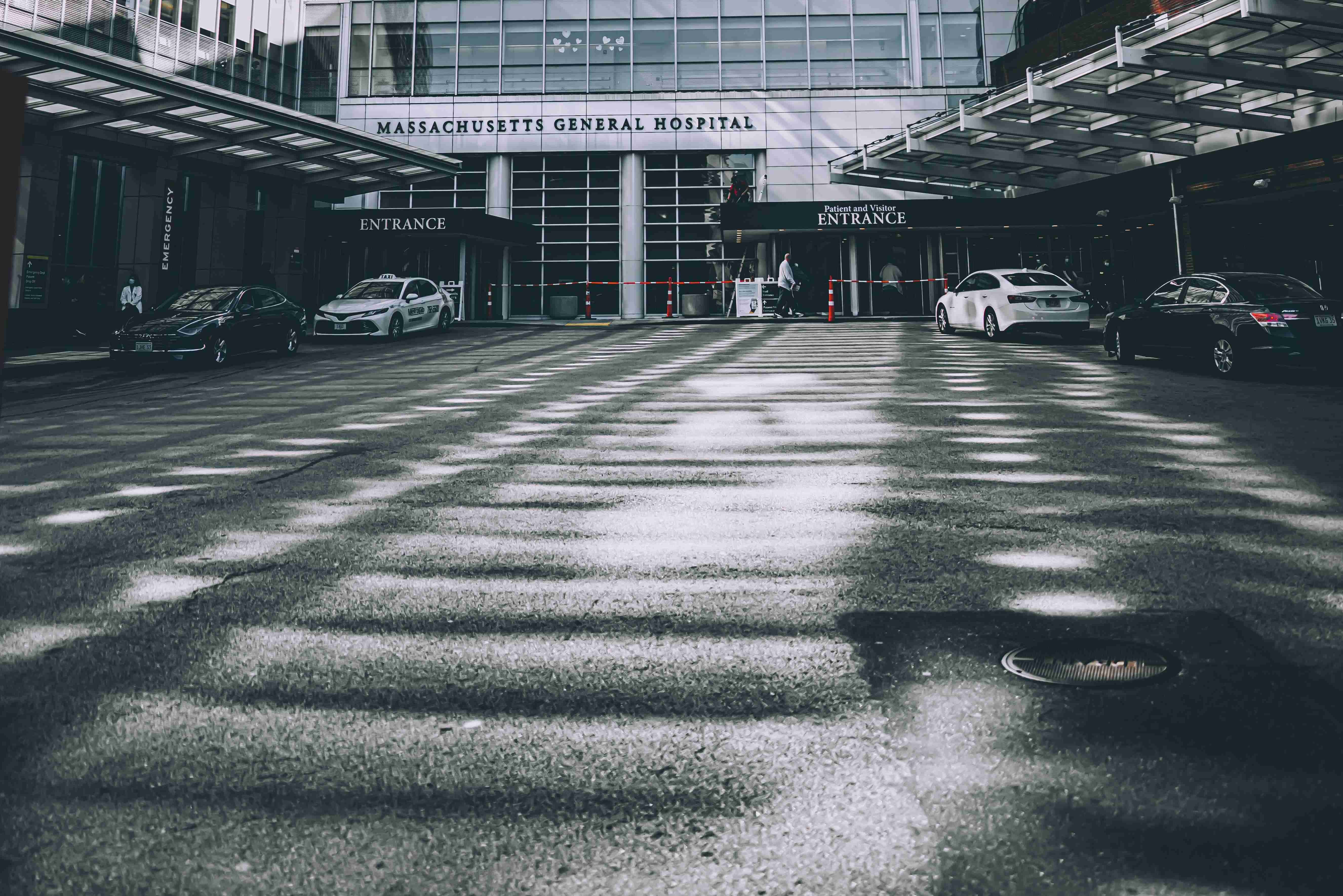

10 Common CCTV Mistakes and How to Avoid Them?
Introduction
Closed-circuit TV (CCTV) surveillance systems have become essential tools for enhancing security in both domestic and marketable spaces. When installed correctly, they can significantly reduce crime, reduce safety, and give critical substantiation. Professional Cctv Installers Manchester provide expert security system installation, ensuring reliable surveillance and protection for residential and commercial properties. Let us take a look at important factors.
Choosing Poor- Quality Cameras
One of the most common miscalculations when setting up a CCTV system is concluding for low-quality cameras to save tycoons. While it might feel like a cost-effective result, poor-quality cameras can affect vague or pixelated footage, making it delicate to identify faces or prisoners' important details.
How to Avoid It
Invest in high res cameras with at least 1080p HD quality. Advanced-resolution cameras will give clear images, allowing for better identification of individualities, vehicles, and objects. Also, consider cameras with infrared (IR) capabilities to ensure clear footage at night.
Improper Camera Placement
Camera placement plays a critical part in ensuring that your CCTV system captures the right areas. Installing cameras in the wrong locales can lead to eyeless spots, where exertion isn't captured, or you may unintentionally concentrate on areas that don’t need monitoring.
How to Avoid It
Plan your camera placement precisely. Start by relating vulnerable areas, similar to entry points, parking lots, and high business zones. Avoid placing cameras in corners or angles that might obstruct the view. Make sure cameras have an unstopped line of sight and consider using cameras with malleable angles for better content.
Not Having Sufficient Storage Space
Many people underrate the quantum of storehouse demands to store CCTV footage, especially if they're recording 24/7. It may automatically overwrite aged footage, potentially erasing critical substantiation, If your system lacks an acceptable storehouse.
How to Avoid It
Calculate your storehouse conditions based on the number of cameras, the resolution of the footage, and the retention period. Invest in a high-capacity hard drive or network videotape archivist (NVR) to store footage. Some systems also offer gloom storehouse options, which can give a secure backup.
Failing to Account for Lighting Conditions
Improper lighting conditions can oppressively affect the performance of CCTV cameras. Cameras that are not designed to handle low-light surroundings can produce dark, coarse footage, or indeed fail to record in inadequately lit areas.
How to Avoid It
Install cameras that are designed for low-light conditions or use infrared cameras for night-time monitoring. Ensure that areas being covered are duly lit during darkness, especially entry points. Avoid direct sun or bright light sources facing the camera lens to help light.
Neglecting Regular Conservation
CCTV systems bear regular conservation to serve optimally. Over time, dust can accumulate on the lenses, cables can come loose, or cameras may go out of focus. Failing to maintain the system regularly can lead to missed footage or reduced videotape quality.
How to Avoid It
Schedule periodic checks to clean the camera lenses, check wiring, and test the system’s functionality. Make sure all cameras are aligned duly, and review footage periodically to ensure everything is performing correctly. Keeping software and firmware up to date is also essential for security and performance.
Overlooking Privacy Enterprises
CCTV systems are meant to cover people and property, but it’s easy to overreach privacy boundaries. Installing cameras in private areas similar to bathrooms, bedrooms, or other locales where people anticipate isolation can lead to legal issues and violate privacy laws.
How to Avoid It
Be aware of privacy laws in your area, especially when placing cameras in public spaces or private areas. Ensure your cameras are concentrated on areas that bear surveillance, like entrances, hallways, and parking areas. Avoid pointing cameras into windows or areas where people might anticipate privacy. Always inform people that they're being covered if necessary.
Not Having a Provisory Power Source
Power outages can disrupt your CCTV system, leaving you without surveillance during critical moments. However, you risk losing precious footage or missing an event altogether, If your CCTV system isn't connected to a provisory power source.
How to Avoid It
Invest in an uninterruptible power force (UPS) to give provisory power in case of a power outage. A UPS ensures that the CCTV system remains functional for a set period, allowing the system to continue recording or shut down duly to help data loss.
Conclusion
Starting from choosing the right kind of cameras to the proper placement, regular conservation, and securing your network, each step is pivotal for maximizing the effectiveness of your CCTV system. Proper planning, attention to detail, and ongoing care will ensure that your CCTV setup delivers the security and peace of mind you need.
Related Posts
© 2025 Invastor. All Rights Reserved


User Comments